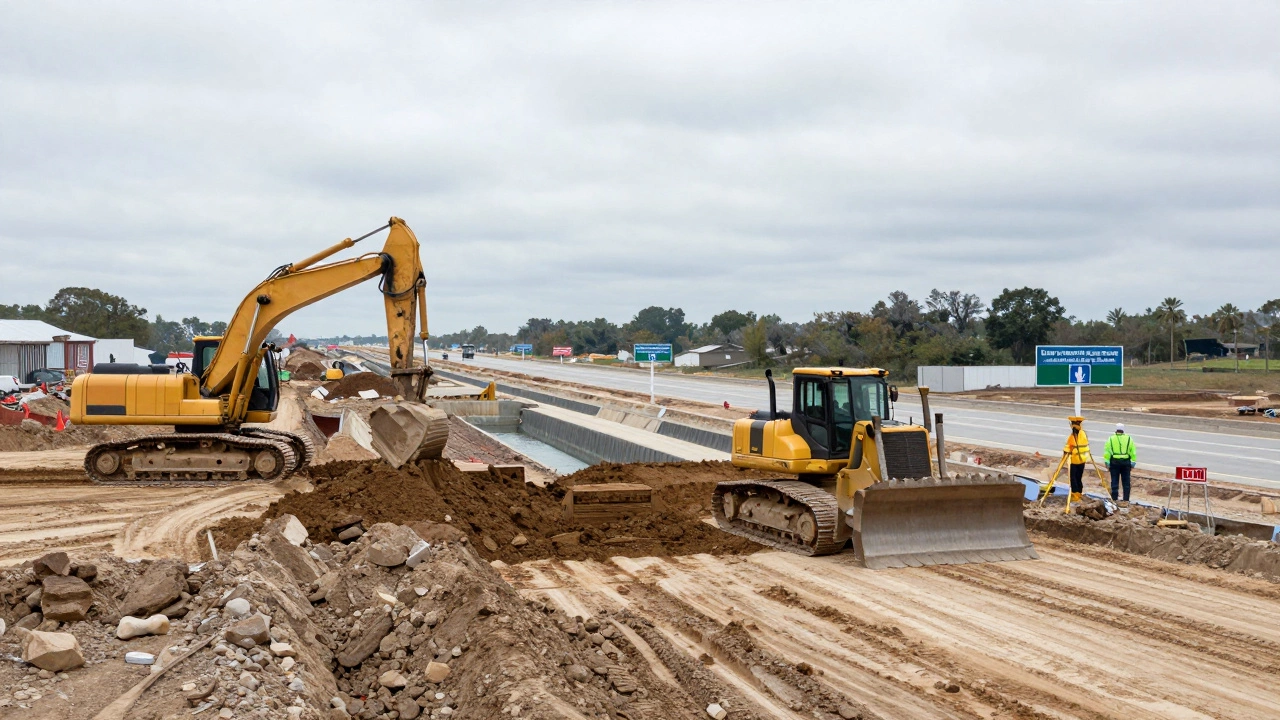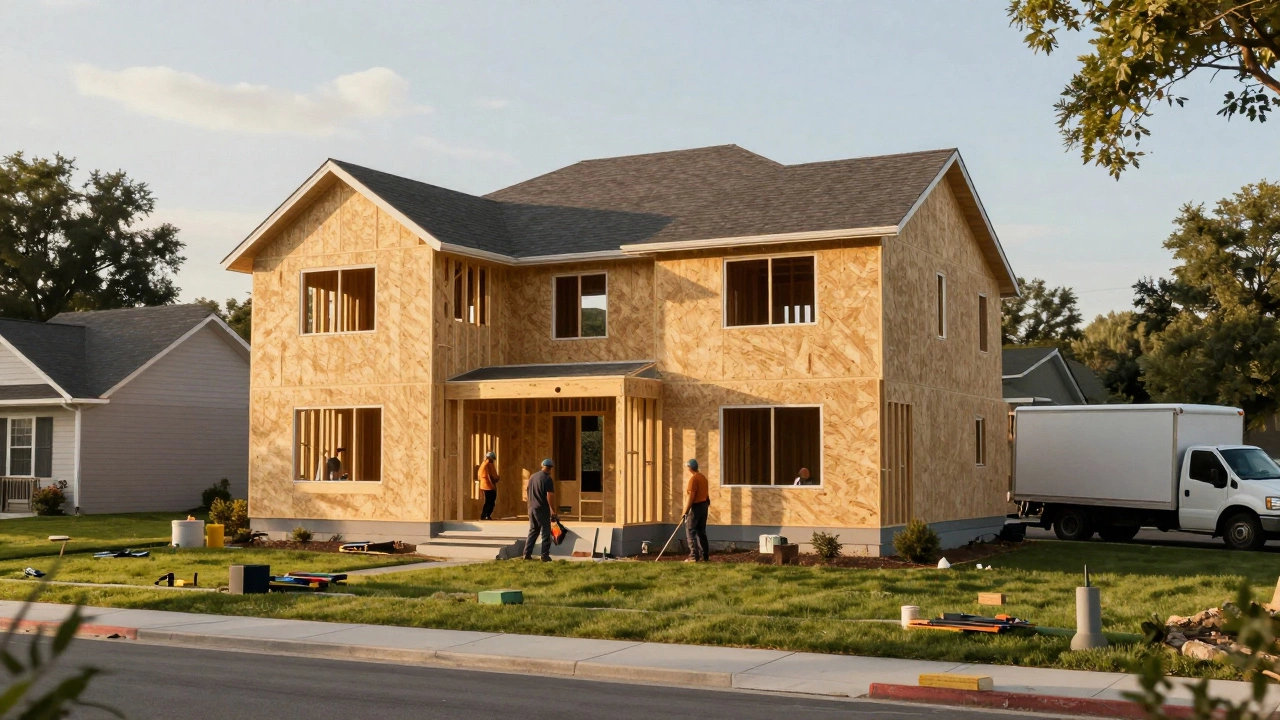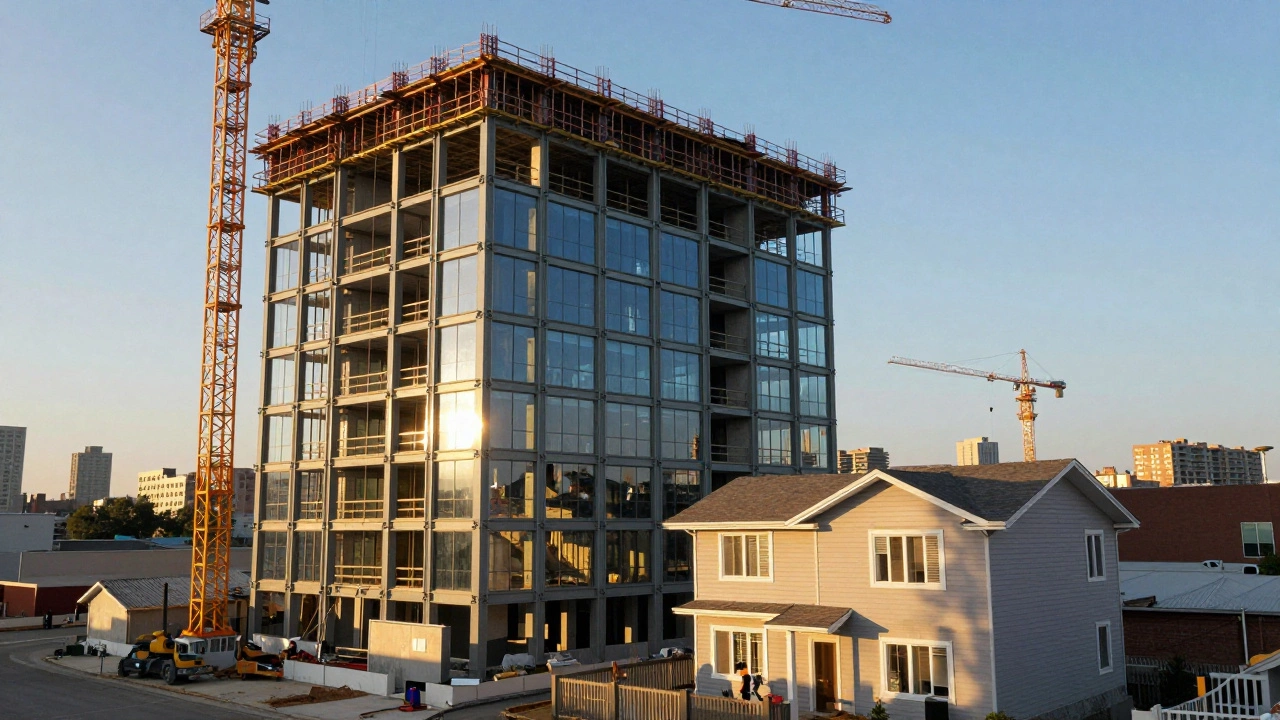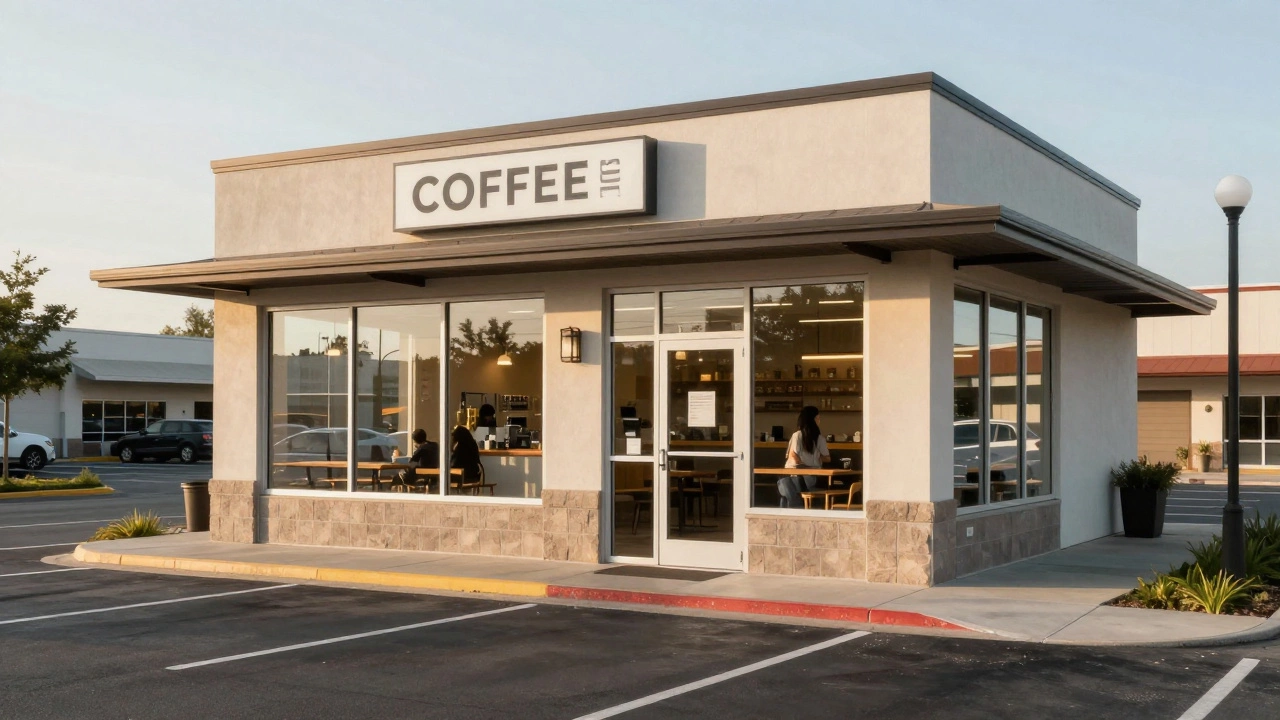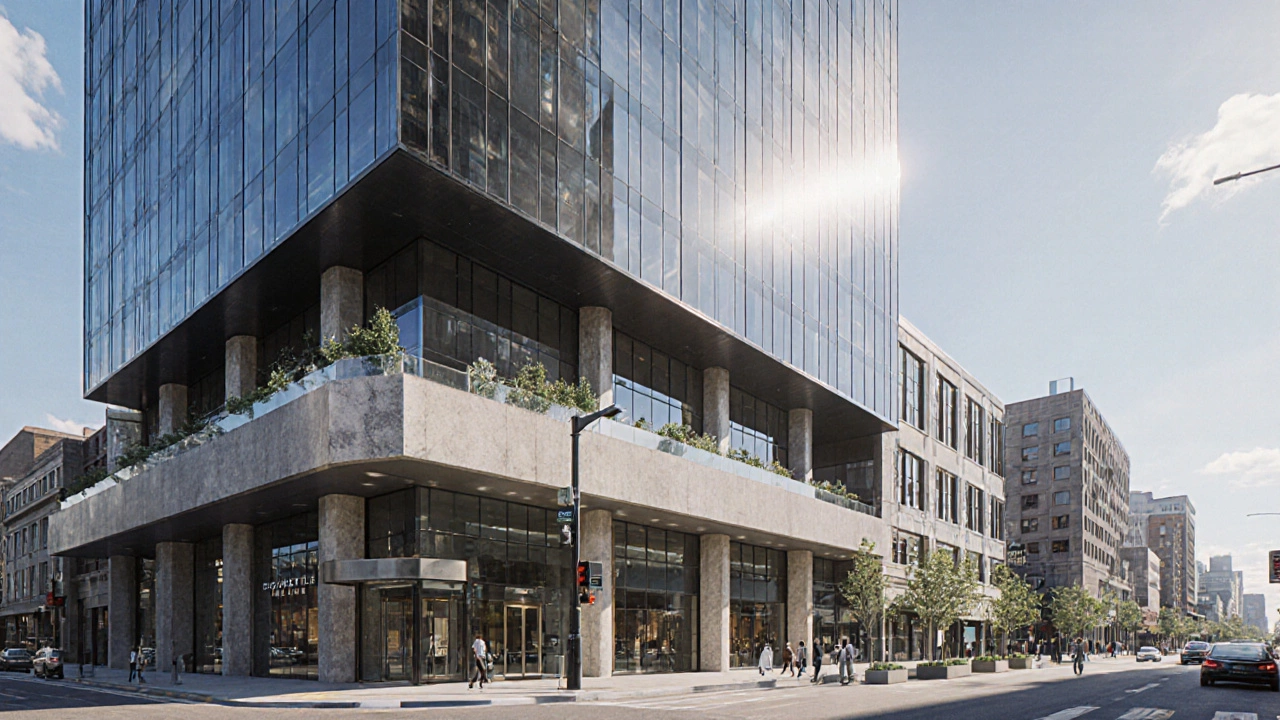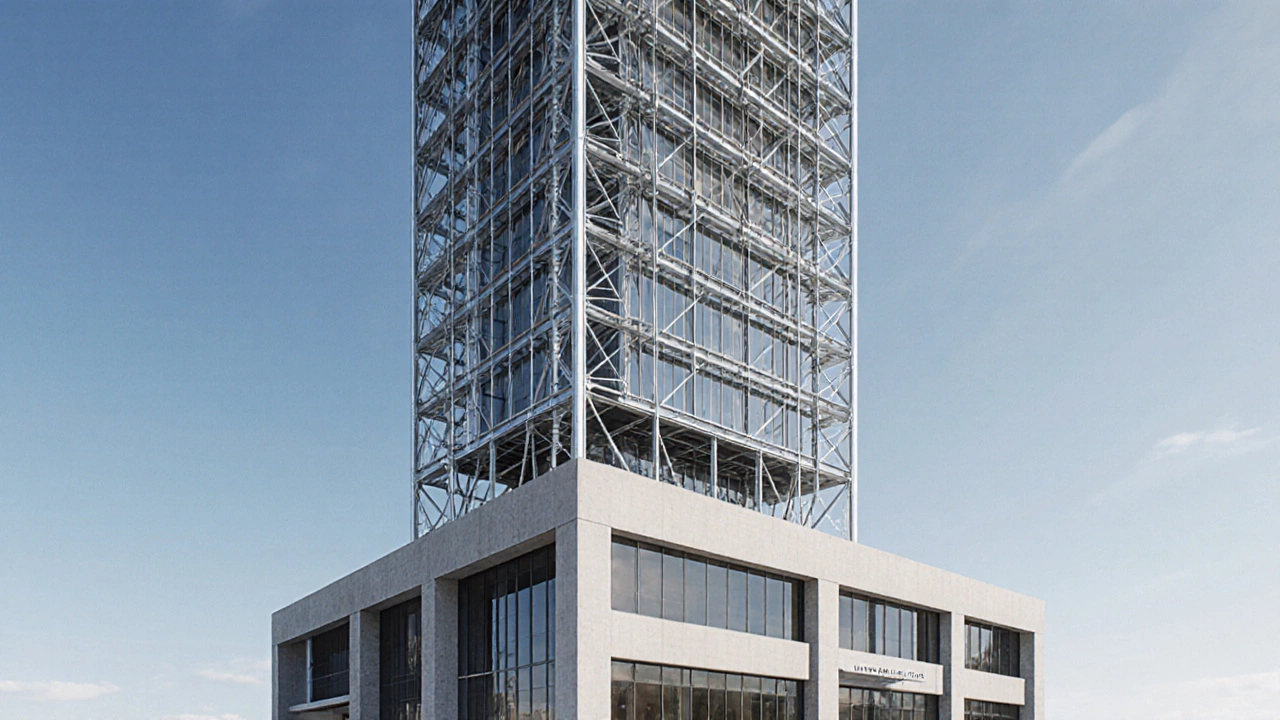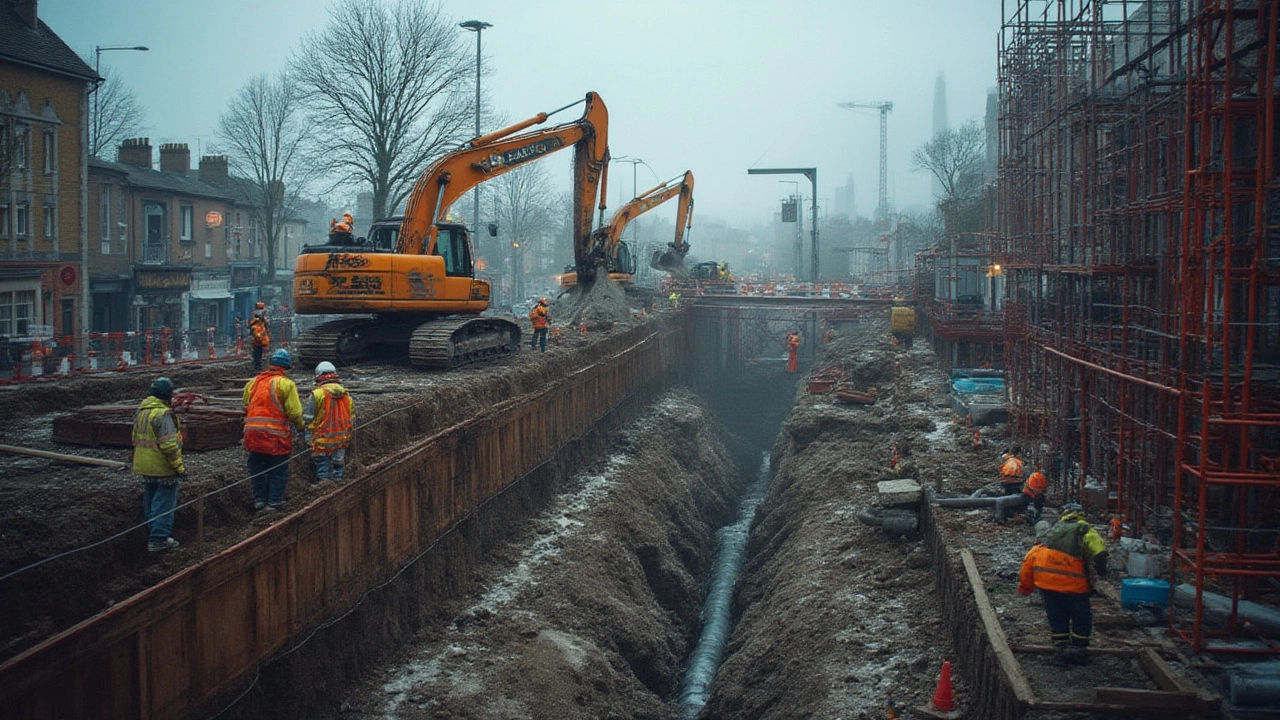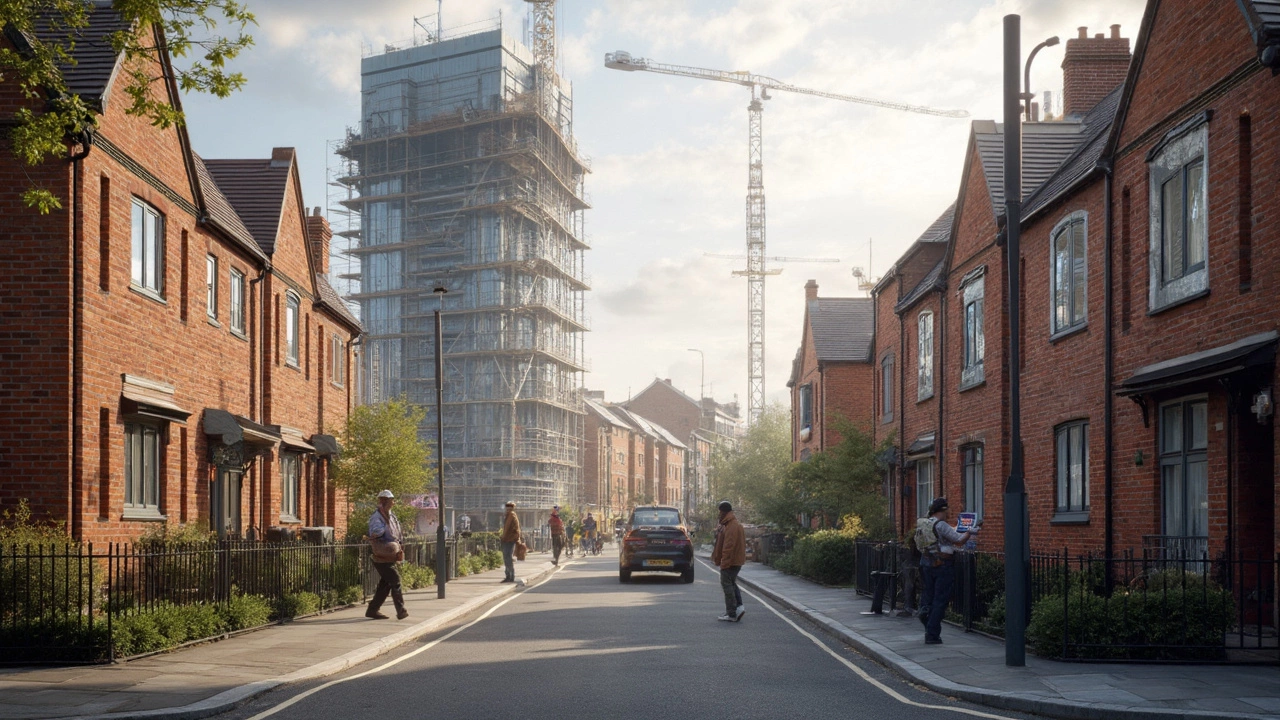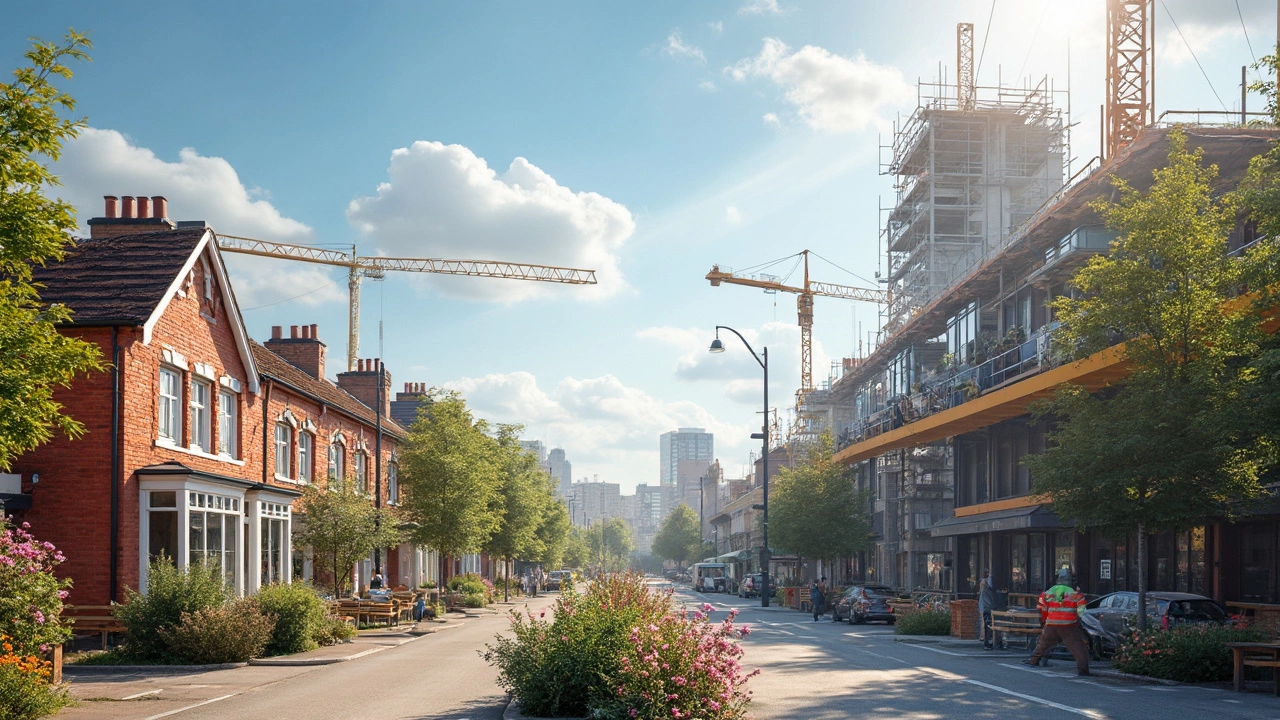Commercial Construction: Essential Guides and Tips
If you’re planning a commercial build, the first thing you’ll notice is how different it is from a house project. Bigger budgets, stricter regulations, and more people involved mean you need solid information before you start. Below you’ll find the basics you should know, from choosing the right contractor to keeping costs under control.
Key Considerations for Commercial Projects
First off, know what type of commercial property you’re dealing with. An office block, a warehouse, or a retail shop each has its own set of rules. Check the local planning permission, fire safety standards, and accessibility requirements early on. Skipping this step can cause costly redesigns later.
Next, think about the contract. Most commercial jobs use a design‑and‑build or a construction management contract. Design‑and‑build bundles design and construction under one firm, which can speed up the timeline. Construction management splits the work among specialists, giving you more control over each trade. Decide which fits your budget and how much oversight you want.
Materials matter, too. For a sturdy commercial floor, you’ll probably need reinforced concrete or steel decking, not the cheap plywood used in small homes. Ask your supplier about compliance certificates – they prove the material meets UK standards. This paperwork can also help with insurance claims if anything goes wrong later.
Common Questions Answered
How do I control costs? Break the project into phases and set a budget for each. Track actual spend weekly and compare it to the plan. If you see a gap, revisit the scope – maybe a lower‑cost finish will do the job.
What should I look for in a contractor? A good commercial contractor will have a Tier 1 rating, solid references, and a clear safety record. Don’t just go for the lowest price; ask for past project photos and check that they’ve worked on similar building types.
Do I need a project manager? For most commercial builds, yes. A project manager keeps the schedule, coordinates trades, and makes sure paperwork stays up‑to‑date. It’s worth the extra cost to avoid delays and miscommunications.
Finally, think about maintenance after the build is finished. Commercial roofs, HVAC systems, and fire safety equipment all need regular checks. Set up a maintenance schedule now so you don’t end up with surprise repairs later.
All of the posts on this tag dive deeper into each of these topics. From understanding the difference between commercial and non‑commercial contracts to learning how tier‑1 contractors operate, you’ll find everything you need to keep your project on track. Use these guides as a checklist, and you’ll move from concept to completion with fewer headaches.
Ready to start? Grab the relevant articles, make a simple plan, and talk to a qualified commercial builder today. The sooner you get the basics locked down, the smoother the whole process will be.

